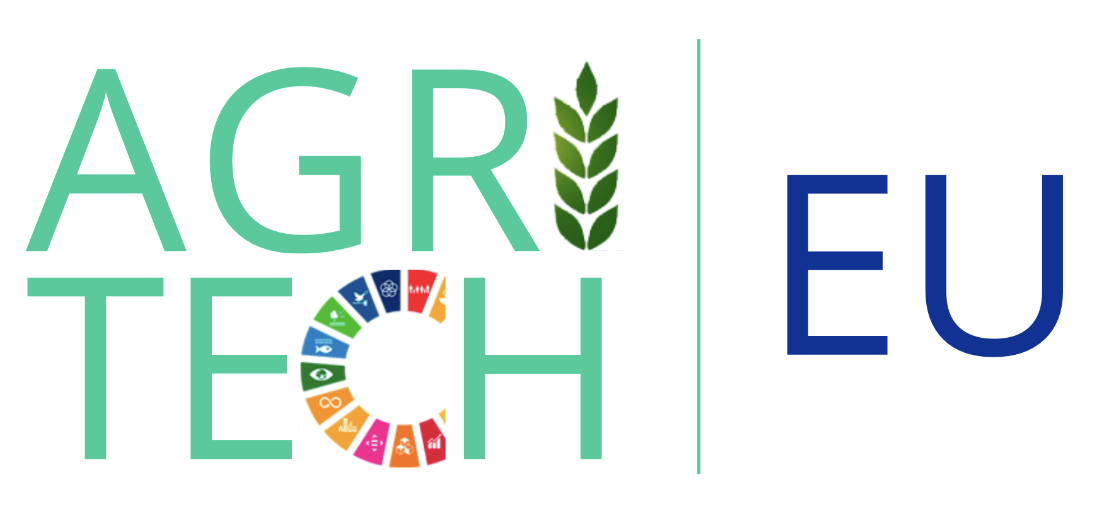Standard dissemination channels will be used (website, fact sheet, newsletter, press release, thematic conference events, print information material, etc.) to maximise the impact of the project and promote the continued exploitation of results after the end of the project.
The main objectives of the communication strategy aim at:
- informing all target audiences about the objectives and benefits of the project / programmes, promoting the participation of students in the programmes
- involving and ensuring the participation of specific target audiences in the project
- promoting dialogue at all stakeholder levels on issues related to the project to gather further support through complementary actions
- disseminating information on the project’s progress and developments
- raising awareness of the project and its activities
- engaging new potential stakeholders
The table below outlines the communications tools which are to be adopted and their purpose:
| Method | Purpose | Target | Channels |
|---|---|---|---|
| Project website; Partners website; Social networks | Promote & inform Engage Raise Awareness | Students and all defined target | Online portals and social networks accounts where programmes, documents and information developed within the project will be available for consultation and downloading by students, stakeholders. The project web site will be maintained after the end of the project. |
| Flyers / brochures and other material | Raise Awareness | All defined target | Flyers, project logo, posters, videos, available for physical and online circulation at conferences, on the project website, etc. |
| Reports and other documents | Inform | Farms community; Scientists | Reports on specific topics will be uploaded on the project website so they are accessible to a wide audience. These reports will include guidelines, programmes, methodologies, evaluation criteria, toolkits, questionnaires, etc. |
| Press releases | Raise Awareness | Project Stakeholder; Farms community; Scientists | Formal announcement to the national and international press and on social networks including information on: training objectives, duration and content of programmes, delivery methods, cost and benefits, certifications, access requirements, professional opportunities. Publication of press articles on project activities, progress and results using extended audience channels such as newspapers and sector magazines. |
| Networking events | Engage Promote Inform | Students, policy-makers; Stakeholder | 12 Open events for students, in presence and online Meetings with regional, National and EU policymakers and with stakeholders (target audience) |
| Conference organisation and participation | Engage Promote Inform | Farm community; Scientists | Participation in selected and targeted local, national, and international conferences to share project achievements with stakeholders. Organization of a Final event in Pisa (month 48) for the presentation of project results. For more details on target audience and number of participants foreseen see WP4 description |
Communication strategy will include pertinent key messages:
- AGRITECH EU will help to promote digital transition and to reinforce European competitiveness through the training of digitisation specialists
- AGRITECH EU will bring closer academy, ICT companies to agricultural companies’ expectations and needs on digitalisation
- AGRITECH EU will contribute to fill the gap between KET know how and agricultural companies.
